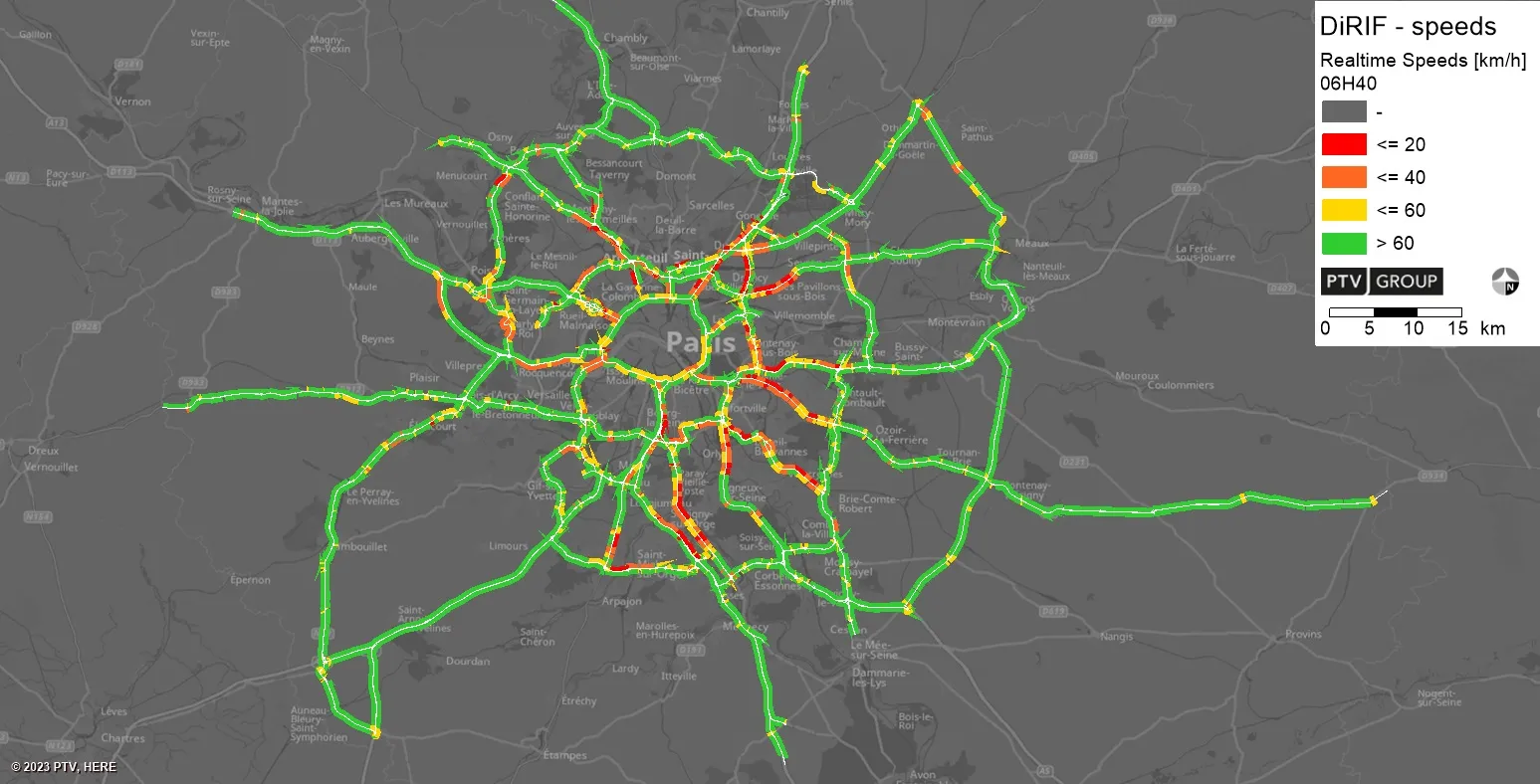Councils in Tyne and Wear have appointed
Osprey UTMC is said to include significant improvements to strategic planning and reporting tools, alongside its existing functionality.
The project will be delivered in multiple phases with initial implementation due for completion in early 2018 and further stages scheduled to be completed by the end of next year. The contract also includes an additional five years of system support until 2023.
Craig Morrison, Mott MacDonald’s project director, said: "We are looking forward to working with the Tyne and Wear local authorities to enhance their Osprey functionality, such as dashboard views, historic data display and strategy implementation. This will make it easier for their control room operators to implement actions to improve traffic flows, which in turn will reduce congestion for the benefit of commuters within the region.”
Mott MacDonald to deliver urban traffic management system
Councils in Tyne and Wear have appointed Mott MacDonald to deliver the latest version of its Osprey urban traffic management and control (UTMC) solution to upgrade their current system. The technology aims to help the councils support their main policy objectives of improving safety and air quality, network monitoring and offering informed travel choices, as well as incident and event planning and management. Osprey UTMC is said to include significant improvements to strategic planning and reporting tools
December 12, 2017
Read time: 2 mins










